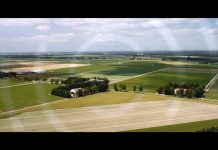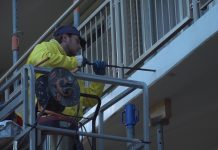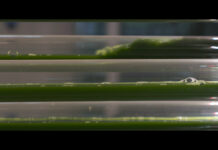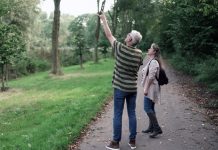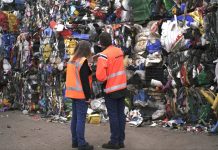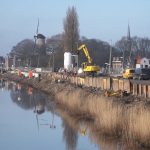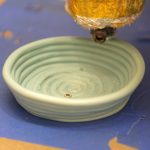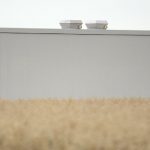Pilot duurzame teelt van tulp & bijgoed
Om de overgang te maken van reguliere bollenteelt naar een duurzame teelt moet worden onderzocht hoe telers anders om kunnen gaan met de uitdagingen waar zij mee te maken kunnen krijgen. Welke alternatieven zijn er om bepaalde ziektes te bestrijden en werken de succesvolle methoden op kleine schaal, ook op grote schaal? Dit wordt onderzocht in de “Pilot Duurzame Teelt van Tulp & Bijgoed”.
Toekomst
Zowel het ministerie van Landbouw, Natuur en Voedselkwaliteit (LNV) als de Koninklijke Algemeene Vereniging voor Bloembollencultuur (KAVB) streven naar een bloembollenteelt waarbij het gebruik van chemie in de toekomst zo veel mogelijk wordt geminimaliseerd. Om te blijven voorzien in een eindproduct van goede kwaliteit, is een gecontroleerde overgang naar duurzame of biologische teelt vereist. 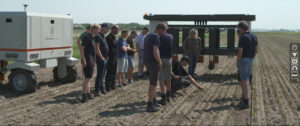
Vertify
Agrarisch onderzoekscentrum Vertify heeft daarom samen met vier praktijkbedrijven onderzoek gedaan. Ze hebben de beste resultaten uit het project “De Groene Tulp“, op grotere schaal getest. Wat zijn de resultaten wanneer een groter perceel met een alternatief middel wordt behandeld nadat een bepaalde ziekte is geconstateerd. Is dit duurzamere middel effectief genoeg om de teelt te behouden? 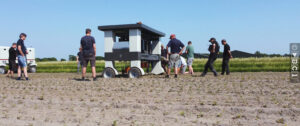
Deelnemers
Om een goed beeld te kunnen vormen, werken de deelnemende praktijkbedrijven zowel op kleigrond als op zandgrond. Daarnaast werken twee bedrijven op de reguliere manier en twee bedrijven op biologische wijze. De deelnemers zijn Apeldoorn bloembollen uit Egmond Binnen, Boon & Breg uit Andijk, Huiberts bloembollen uit Sint Maartensbrug en Schouten Tulips uit Zwaagdijk. 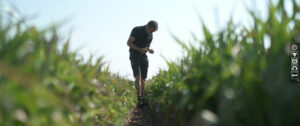
Verandering van teeltsystemen
Uit dit onderzoek blijkt dat het niet mogelijk is om het ene middel simpelweg te vervangen door een ander duurzaam middel. Er is een verandering van teeltsystemen nodig. Een systeemwijziging vraagt echter meer inzet van een teler, waardoor het extra belangrijk is om ervaring op te doen en deze ervaringen te delen met andere telers. Waardoor het mogelijk is om op grote schaal veranderingen te bewerkstelligen. 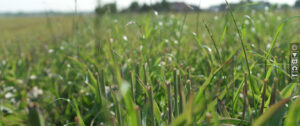
Meer informatie over verduurzaming in de landbouw
In de reportage De toekomst van de bloembollenteelt vertellen deelnemers van Fieldlab Bol over hun ervaringen binnen dit project.
Zie ook:
Digital Farming – Plaatsspecifiek toepassen
Gezocht, boer van de toekomst


